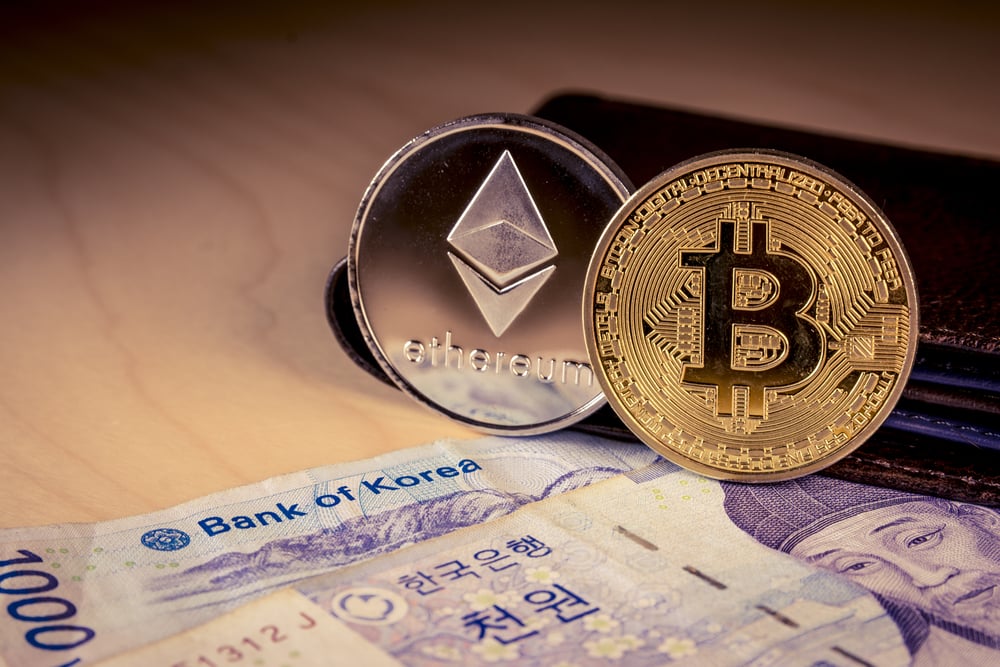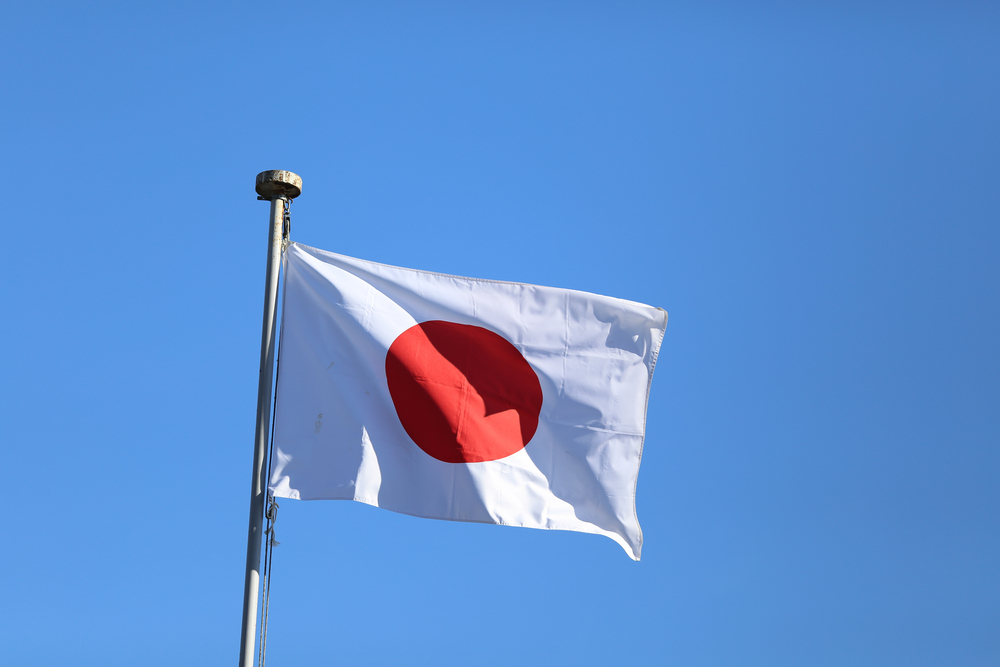Korea Will Regulate Cryptocurrency Exchanges Like Commercial Banks, Legitimizing Industry

The Korea Financial Intelligence Unit (KFIU) and other local financial agencies will regulate cryptocurrency exchanges like banks, imposing strict anti-money laundering (AML) policies to ensure criminals do not utilize cryptocurrencies to finance illicit operations.
Similar to Japan
During the Policy Advisory Council meeting held on June 8, KFIU director Kim Geun-ik led an extensive discussion on existing money laundering and terrorist financing prevention regulations and proposed stricter policies for both commercial banks and independent financial service providers.
At the time, the KFIU stated that it will follow the movement of leading economies such as the US to prevent money laundering and terrorism financing with more rigorous verification processes for large transactions and monitoring of users.
Initially, the KFIU planned to impose new policies on large-scale financial institutions, retail investors, and traders in the public stock market and other sectors that currently have lenient AML and Know Your Customer (KYC) regulations.
But, in later discussions, the KFIU decided to include the cryptocurrency sector in its AML and KYC initiative. The KFIU stated that the agency will coordinate with the Congress to pass a bill that would allow local financial authorities to monitor traditional bank account and cryptocurrency users extensively with transparency.

At the moment, cryptocurrency exchanges in South Korea can operate as a communication vendor, with a $40 license. As such, even the Free Trade Commission, the country’s regulatory authority for economic competition, does not have the authority to monitor and oversee crypto exchanges.
However, to prevent the utilization of cryptocurrencies like Bitcoin and Ethereum in underground economies and suspicious activities, the KFIU came to a consensus to recognize cryptocurrency exchanges as proper financial institutions and regulate them accordingly.
“Under current regulations, there are clear limitations in preventing money laundering on crypto exchanges because the only way authorities can spot suspicious transactions is through banks. If the bill of lawmaker Jae Yoon-kyung from the Democratic Party of Korea passes, local authorities will be able to impose identical regulations on crypto exchanges that are implemented on commercial banks,” a KFIU spokesperson said.
Negative or Positive?
Essentially, if the bill of lawmaker Jae passes, cryptocurrency exchanges will be regulated as commercial banks and proper financial institutions. While stricken Anti-Money Laundering and Know Your Customer policies could create an uncomfortable ecosystem for users at first, it will add legitimacy to the rapidly growing cryptocurrency and blockchain sector.
A significant sum of capital from retail investors or individual traders has been injected into the cryptocurrency market since early 2017, allowing the market to evolve into an emerging asset class and convincing major banks such as $378 billion JPMorgan Chase and $88.5 billion Goldman Sachs to enter the cryptocurrency sector with custodian solutions.
The acknowledgment of the cryptocurrency industry as a properly regulated financial market will be beneficial for the global cryptocurrency market in the long-term and will improve the mainstream adoption of cryptocurrencies significantly.
Featured image from Shutterstock.